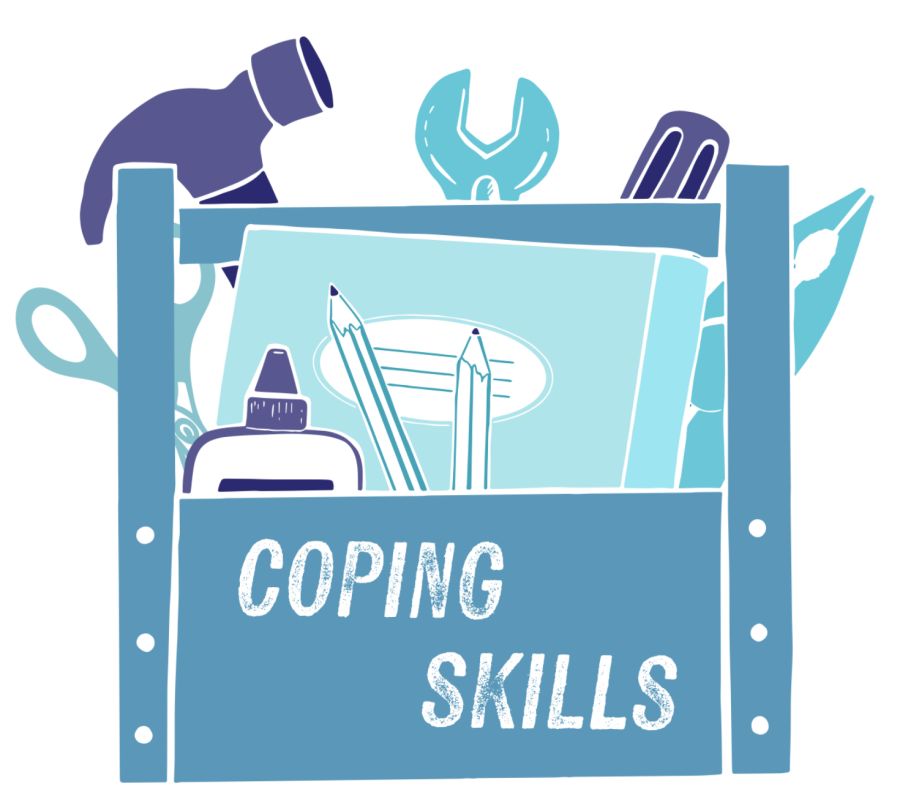Why Does My Child Hate Reading?
Good question! Parents call Austin Learning Solutions wondering why their child dislikes reading so much. We often hear: “He loved reading when he was in first and second grade!”, “I don’t know what happened, one day she stopped reading.”, and “My child used to pick up books and read all the time, but now he avoids it at all costs.” Usually we hear these concerns from parents when their child is in or near third grade. Prior to third grade, many students are taught to read whole words, not the individual sounds that make up a word. Students that got away with memorizing whole words suddenly find themselves struggling to read words found in upper elementary text.
There are many reasons why children seem to “hate” reading. While some students learn to read with ease, others experience major difficulties. Struggling readers might have problems with phonemic awareness, phonics, comprehension, or processing verbal information. A child could have a hearing impairment or maybe hears just fine, but lacks auditory processing skills. A child might have a visual impairment, or maybe has perfect eyesight, but lacks the visual processing skills needed for reading. Memory and the ability to concentrate can also be stumbling blocks. There are many causes for reading difficulties, and with persistent difficulties comes failure. These children begin to view themselves as incapable of learning to read or "dumb"! They may develop a “learned helplessness” which causes them to give up and resist trying to improve. However, at Austin Learning Solutions one of the best parts of teaching our students to read is building their confidence by showing them, convincing them that they are capable of reading, despite their past experiences.
So how do we help struggling readers at Austin Learning Solutions? First, it is important to assess each student to find and address individual strengths and weaknesses. We assess a variety of skills including: memory, auditory processing, visual processing, processing speed, logic and reasoning, word attack, and selective attention. Measuring these skills along with spelling, reading and comprehension levels, help us to develop an individualized plan based on each child’s specific needs.
Generally, struggling readers have low motivation, little practice time, and low expectations. We set the bar high for our students and focus on their areas of weakness, instead of avoiding or working around them. We have seen that the most effective approach to helping students in learning to read is a systematic and direct phonics approach and applying those tools while reading and writing. Our phonics method is much more direct (and simple) than most schools teach. We are able to improve word attack skills by two grade levels in about twelve sessions.
Related Articles That Might
Interest You

Neurodivergent Special Interest

Coping Skill( CBT techniques and DBT techniques)
